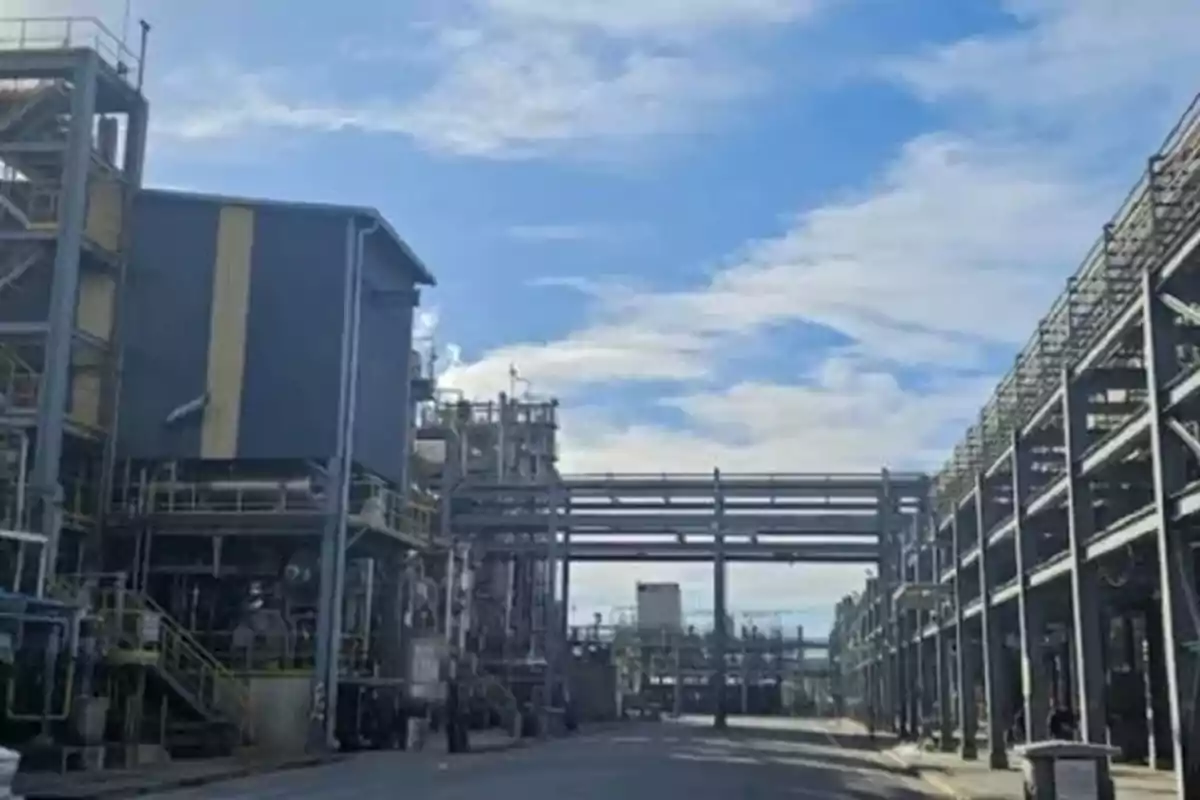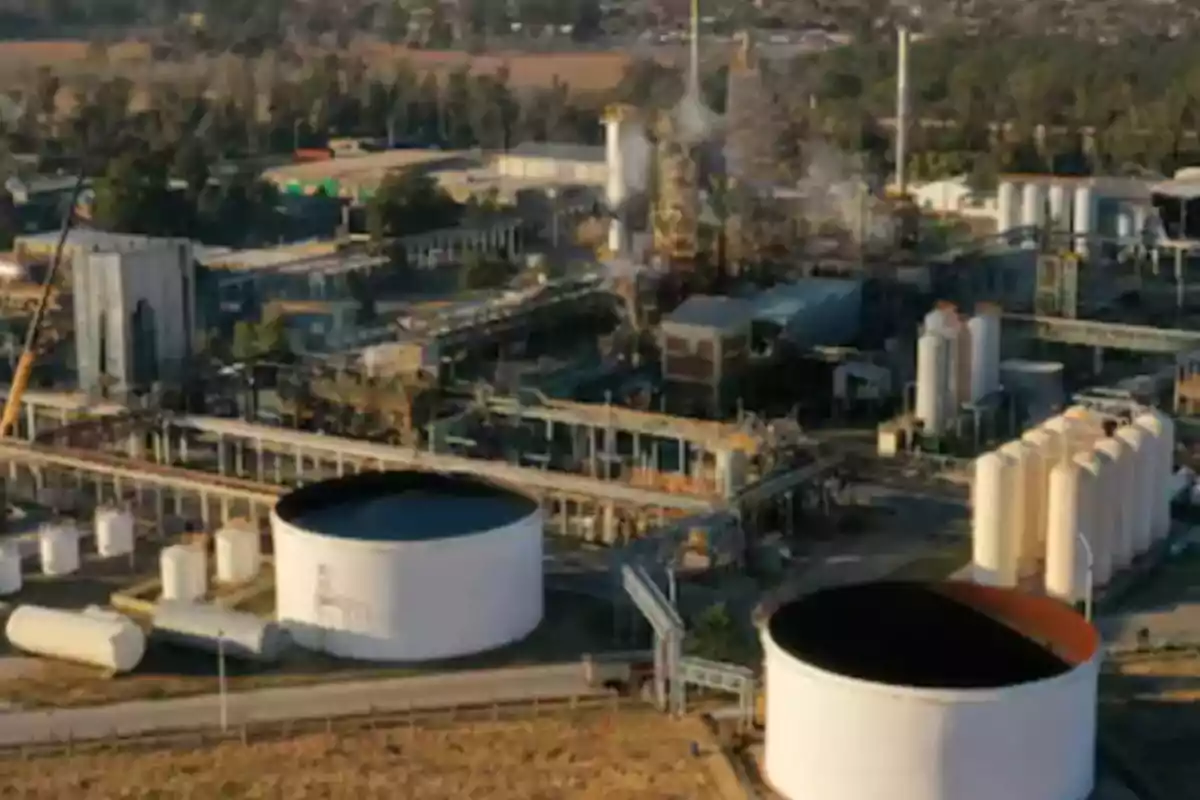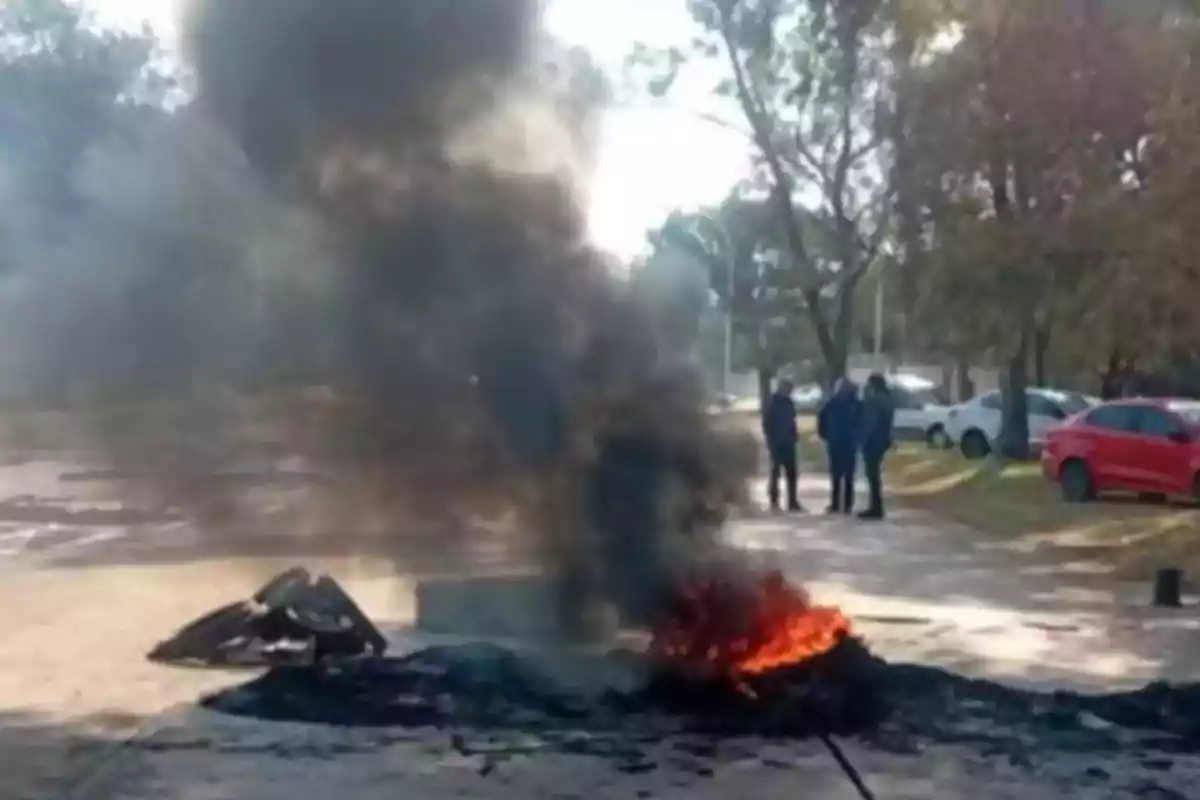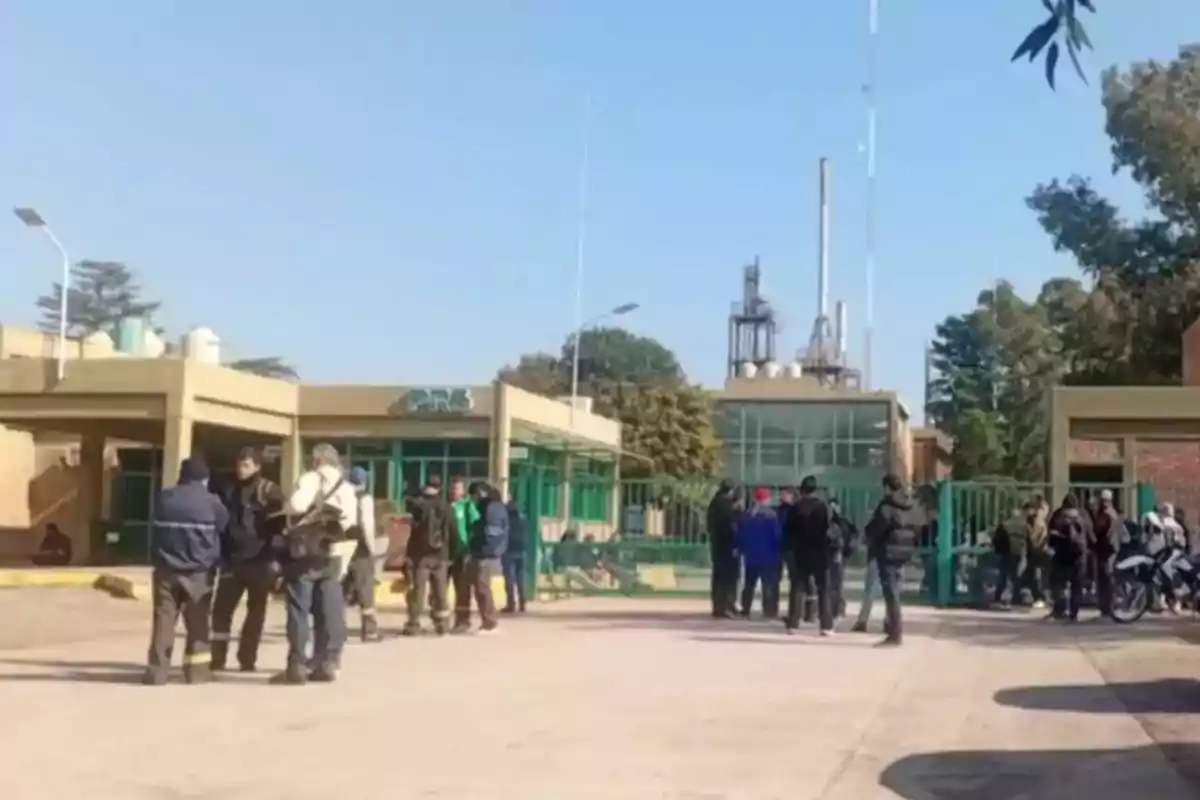
Córdoba: the reasons why the conflict continues at Petroquímica Río Tercero
After the end of mandatory conciliation, a new stage began between the company and the union
The labor dispute at Petroquímica Río Tercero continues without a visible solution.
The mandatory conciliation process, which aimed to bring the Córdoba company and the Sindicato del Personal de Industrias Químicas y Petroquímicas (SPIQyP) closer together, has ended without concrete progress, opening a new period of waiting and tension at the Córdoba plant.
The measure, issued weeks ago by the Ministry of Labor of the Nation, had temporarily halted the industrial action promoted by workers in response to the announced layoffs.

However, as the extension period expired, the differences remain unchanged: the company keeps that it needs to adjust its structure for economic reasons, while the union insists on the reinstatement of the dismissed employees and the defense of jobs.
The union could resume industrial action at Petroquímica Río Tercero
Union sources indicated that, unless a better proposal emerges in the coming hours, union actions could resume.

Meanwhile, the company remains publicly silent, although internally it confirms that its financial situation doesn't allow it to change the decision made.
In this context, the Río Tercero community watches with concern the lack of progress, since the dispute involves one of the region's most important industries, with a strong impact on the local economy.
A crisis nobody wanted to prevent
In October 2024, Petroquímica had already closed its main production unit. This was the TDI plant, a key input for mattresses and other industries. That closure resulted in the departure of 125 employees and a collapse in its revenue.
The company stated that it could not compete with cheaper imports from Asia. As a result, it lost more than 70% of its sales volume and entered into decline. Since then, it has operated only with secondary products on a smaller scale and demand.

In June of this year, the company did not pay either salaries or the half-year bonus on time. Only after negotiations with the union did it agree to pay with a delay. The entire process showed a sustained labor and financial breakdown over time.
Meanwhile, there is talk of a possible sale to a national chlorine producer. Mayor Ferrer states that the company denies wanting to close the plant. However, the lack of clarity regarding the current restructuring leaves workers in total uncertainty.
More posts: